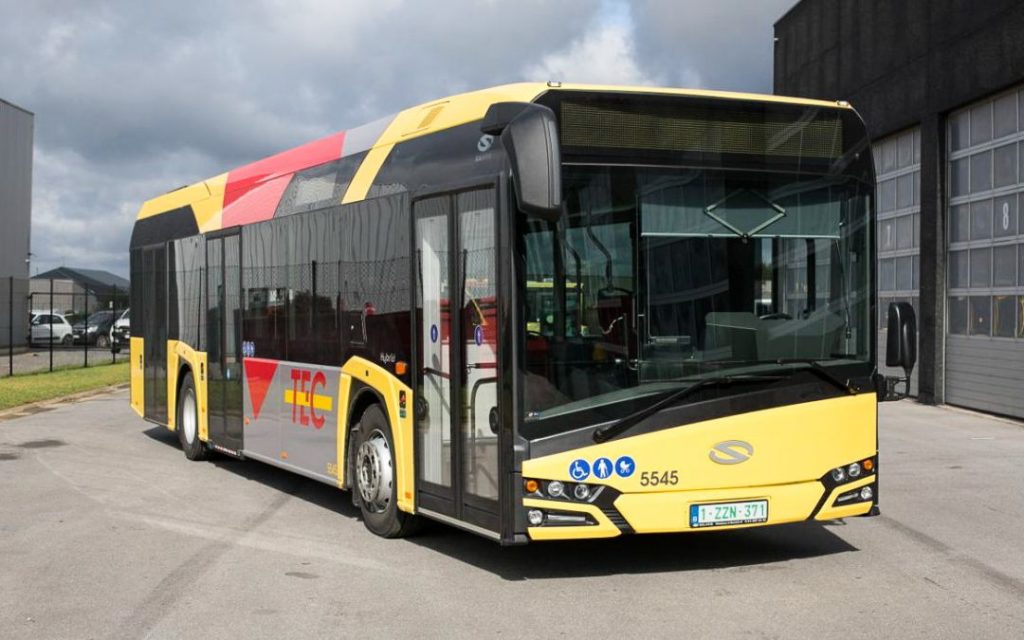The city of Liege is currently the scene of an important research project to examine the effects on pollution of increasing the proportion of bio-fuel in the diesel used by buses.
The project is being carried out as a doctoral project by Séverine Cassiers, under the auspices of both the Free University ULB in Brussels and the UCLouvain in Louvain-la-Neuve.
At present in Liege, the public transport authority TEC is running buses fuelled by what is known as B7: diesel fuel augmented by a 7% addition of bio-fuel. The project is looking at the effects of increasing B7 to B30.
To do that, TEC has loaned the project a bus and driver which makes a regular run of one kilometre along the bank of the Meuse, in a straight line with turns or stops. Three types of diesel are tested, and the bus covers the route at a variety of speeds. Along the way, the emissions are measured.
While the route may not correspond a great deal with the normal running of a bus, it has to be standardised for the purposes of the test, which are to find out if the proportion of bio-fuel can be increased without negative effects on the environment, and in particular on people’s health. Using an expensive piece of equipment known as PEMS, the team can measure emissions that are bad for the environment, such as carbon dioxide, as well as those which affect human health, such as nitrous oxide and fine particulates.
The choice of a bus is not incidental: public transport vehicles cover tens of millions of kilometres a year in Belgium, and any improvement in performance could be substantial.
The study is being carried out together with the Walloon science institute Issep, while the Walloon region has paid for the PEMS, which costs 300,000 euros. The bio-diesel refinery Bioro in Ghent has contributed 25,000 euros. The company assured Belga that the independence of the tests would be assured by the variety of partners.
The tests will run until September, with the results expected by the end of the year.
Alan Hope
The Brussels Times

